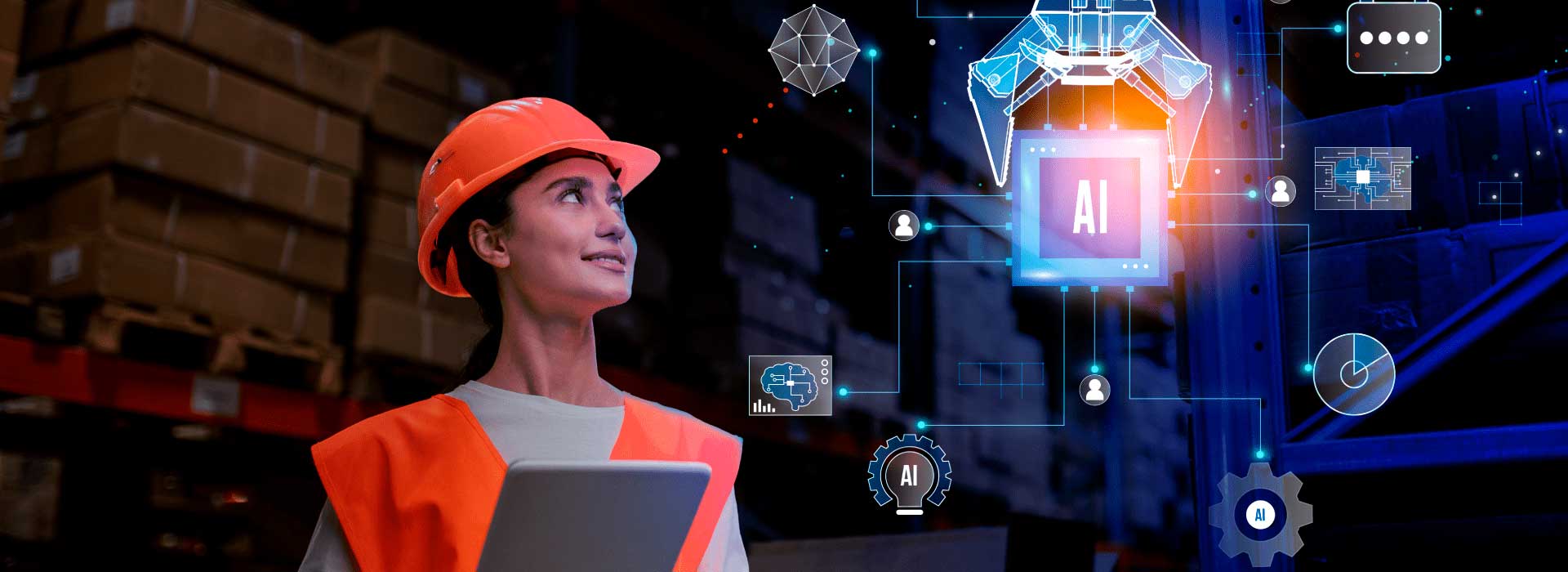Artificial intelligence (AI) has burst into virtually every aspect of our daily lives, from the way we interact with our electronic devices to the way decisions are made in business. One of the fields where AI is having a significant impact is sourcing.The company's supply chain is an essential component of any company's supply chain.
In this article, we will explore how AI is transforming sourcing and what the implications of this technological revolution are.
Challenges of Artificial Intelligence in supply chain logistics
1. Supply Chain Optimization
One of the greatest challenges in supply chain management is to maintaining a balance between excess inventory and product shortages. AI helps address this problem by accurately predicting future demand. Machine learning algorithms analyze real-time and historical data to identify patterns and trends, enabling companies to adjust their inventory levels more efficiently. This reduces warehousing costs and minimizes shortage problems.
2. Predictive Purchasing
AI is also being used to make smarter purchases. AI systems can analyze suppliers and products to identify the best options based on a number of factors, such as quality, price, availability and delivery times. This not only saves buyers time, but can also generate significant cost savings. by selecting more efficient and cost-effective suppliers.
3. Process Automation
Automation is another key component in the impact of AI on sourcing. Repetitive and manual tasks, such as the generation of purchase orders, can be performed by AI systems.The AI can also analyze contracts and commercial agreements to ensure that terms and conditions are met, reducing the risk of non-compliance and disputes. In addition, AI can analyze contracts and commercial agreements to ensure that terms and conditions are met, reducing the risk of non-compliance and disputes.
Risk Management
AI also plays an important role in supply risk management. It can analyze a range of factors, such as weather conditions, political or economic problems in key supply regions, and fluctuations in commodity prices, in order to anticipate potential disruptions in the supply chain. This allows companies to take preventive measures and develop contingency plans.
5. Improved Collaboration
AI facilitates collaboration between different parts of the supply chain. AI-based collaboration platforms enable suppliers, manufacturers and distributors to share information in real time, improving visibility and coordination throughout the chain. This is especially useful in situations of high demand or shortages, where rapid responsiveness is crucial.
In summary, artificial intelligence is having a profound impact on sourcing by improving efficiency, reducing costs, mitigating risk and facilitating collaboration.. As technology continues to evolve, we are likely to see even more advances in this field. Companies that adopt and leverage AI in their sourcing operations will be better positioned to meet changing market challenges and remain competitive in an ever-evolving business environment. Artificial intelligence is not just a tool of the futureIt is already transforming the way we manage our supply chains today.

